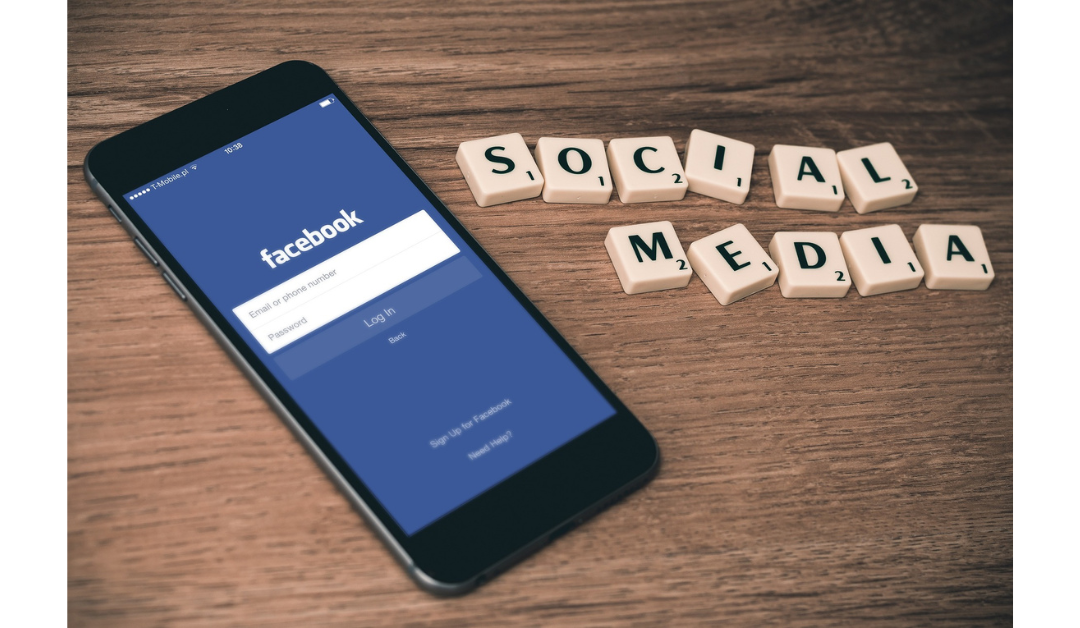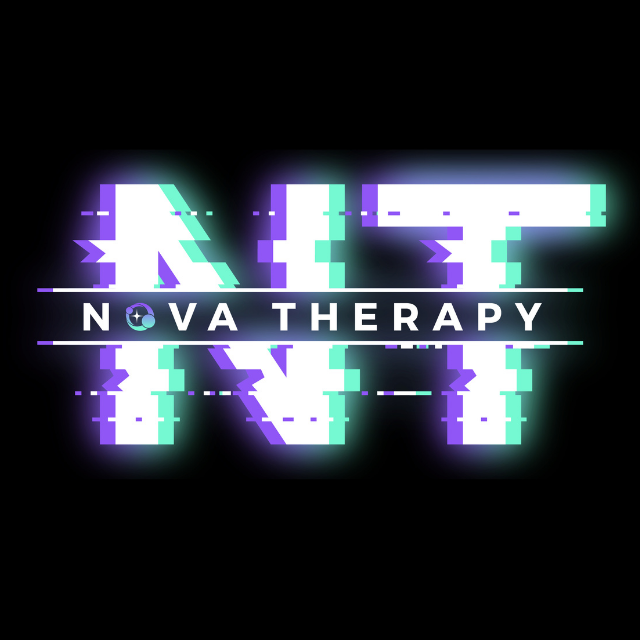
by Calien Trevino | May 9, 2025 | Anxiety, Complex PTSD, Eating Disorder, General, Mood Disorders, Trauma- and Stressor-Related Disorders
You can have six-pack abs and still feel like shit inside. Harsh truth? Maybe. But it’s real. We live in a world that worships the grind — morning workouts, green smoothies, biohacks — but if your inner world is in survival mode, all that self-care becomes surface-level.
Let’s break it down.
Physical Health Matters — No Doubt
We’re not here to hate on fitness, kale, or sunshine. Physical health plays a huge role in supporting your mental health. Your body and brain are on the same team.
Here’s why physical health is important:
-
Vitamin D from sunlight boosts serotonin — your mood’s best friend.
-
Exercise releases endorphins, which naturally fight depression and anxiety.
-
Sleep gives your brain time to reset, sort emotions, and rebalance your system.
-
Nutrition matters. Your gut produces about 90% of your serotonin. Eat like garbage? Feel like garbage.
-
Looking good can help you feel good — not for clout, but because showing up for yourself physically can build self-respect and confidence.
Taking care of your body supports your mind — but it’s not the whole story.
The Missing Piece: Mental Health
You can be physically “healthy” and still be deeply unwell. You can’t out-run, out-lift, or out-diet your trauma. Mental health is the foundation — and when it’s cracked, everything else starts crumbling too.
Here’s what that looks like:
-
Trauma keeps your nervous system in fight-or-flight. Your body is constantly bracing for danger — even when it’s not there.
-
Depression isn’t just sadness. It’s a mental and physical shutdown. No motivation, no energy, no hope.
-
Anxiety means your brain is on red alert all the time. This can mess with your digestion, sleep, immune system — you name it.
-
Mental health disorders like ADHD, PTSD, OCD, and bipolar aren’t just “bad moods.” They affect how you think, move, relate, and function every day.
When you’re mentally struggling, it doesn’t matter how much you work out. If your brain is stuck in fear, shame, or emotional chaos, your body will feel the weight of that.
So What’s the Solution?
It’s not mental health vs. physical health. It’s mental health first — because once your mind is grounded, your body can follow.
Here are some real, no-BS tips to support your mental health:
1. Go to therapy.
Your friends aren’t your therapists. TikTok isn’t a treatment plan. Get professional support to unpack the heavy stuff. Visit us at https://www.novatherapypllc.com to start working on your mental health!
2. Regulate your nervous system.
Try breathwork, grounding, cold showers, somatic work — anything that helps your body feel safe.
3. Rest like it’s your job.
Burnout isn’t a badge of honor. Rest is healing. Your worth is not tied to productivity.
4. Set boundaries.
Protect your peace like it’s your password. Limit time with energy vampires. Unfollow toxic content. Say no unapologetically.
5. Get honest with yourself.
Stop faking “I’m fine.” Growth starts with truth — even if that truth is messy.
Final Word: Health Is More Than Aesthetic
Sure, post the gym selfie. Eat the salad. Take your vitamins. But also? Cry when you need to. Journal the rage. Sit with your sadness. Heal your shit.
Because real health isn’t just about what you look like.
It’s how safe you feel in your body.
It’s how you talk to yourself when no one’s around.
It’s whether your nervous system believes the world is dangerous… or survivable.
You deserve to feel whole — not just “wellness-influencer” pretty.
Liked this post? Share it with someone who needs the reminder. And maybe — just maybe — book that therapy session you’ve been putting off. Your mind deserves just as much love as your body.

by Calien Trevino | Jan 17, 2025 | Complex PTSD, Eating Disorder, Mood Disorders, Personality Disorders, Psychotic Disorders, Trauma- and Stressor-Related Disorders
Hey, friends! 🎉 Happy New Year! With 2025 just starting, now’s the perfect time to reset and make some changes – and one of the best things we can do for ourselves is prioritize our mental health. For many of us, though, opening up about mental health can feel like the hardest part. Whether you’re feeling overwhelmed, anxious, or just like you need a change, talking about your mental health with the people you care about can make all the difference.
But let’s be honest – it’s not always easy. We might feel nervous, unsure of what to say, or even worried about how others will react. And that’s totally normal. But here’s the thing: talking about mental health is one of the best things we can do for ourselves and our relationships. It’s time we make it a goal for 2025 to ask for help without shame, be open about what we’re feeling, and start these conversations – even if they feel a little scary.
Why Talking About Mental Health Matters
You might be thinking, “Why is this so important? It’s just my feelings, right?” Well, yes and no. Mental health affects everything – from how we feel about ourselves to how we connect with others. And the more we talk about it, the more we normalize it. Talking about mental health isn’t just about unloading your worries – it’s about getting support and connecting with others who might be feeling the same way. It helps you process your feelings, get advice, and maybe even gain new perspectives. Plus, when you talk about what’s on your mind, it often helps you feel better – even if just for a moment.
Honestly, for me, talking about my mental health with people I trust clears the air. It’s like hitting the reset button for my brain, and suddenly I can breathe again. So, don’t be afraid to put your feelings into words – it’s actually super empowering.
The Risks of Not Talking About Mental Health
Okay, so let’s talk about what happens when we don’t open up. Sometimes, it feels easier to keep things to ourselves, right? Maybe you’re thinking, “I don’t want to burden anyone” or “I’ll handle this on my own.” But here’s the thing: bottling up your feelings can make everything worse.
If we don’t talk about what’s going on inside, it can lead to increased anxiety, stress, and even physical health problems. Keeping it all inside is like holding in a breath you really need to exhale. Over time, it starts to affect you in ways you might not even realize. And let’s not forget – mental health struggles can get bigger if we ignore them. The sooner we talk about our feelings, the sooner we can get the support we need.
Plus, not talking about it can make you feel isolated. You might think no one gets it, but trust me – you’re not alone. So, the next time you’re tempted to keep it all to yourself, think about how much better it could feel to have someone by your side, supporting you.
How to Actually Start the Conversation
I get it – talking about mental health can be awkward at first. But starting the conversation doesn’t have to be complicated. Here are a few tips for easing into it:
- Pick the Right Time and Place
This one’s huge. No one wants to have a heart-to-heart when the house is full of people or when your friend is rushing out the door. Find a quiet, private moment to chat so you both have the space to focus and listen.
- Start Small, Then Dive In
You don’t have to go straight into deep, heavy stuff. It could be as simple as saying, “I’ve been feeling a little off lately, and I just wanted to talk about it.” This gives you the chance to ease into the conversation without feeling overwhelmed.
- Be Clear About What You Need
Let your loved one know what you need from the conversation. Are you looking for advice? Do you just need someone to listen? Being upfront about this can take a lot of pressure off both of you.
What to Do if They’re Uncomfortable or Don’t Know How to Help
Sometimes, the person you’re talking to might not know what to say or how to help. That’s okay! Not everyone is comfortable with talking about mental health, and that doesn’t mean they don’t care. If they seem unsure or a little uncomfortable, here’s what you can do:
- Give Them Time
They might need a moment to process what you’re saying. Be patient. Let them know you’re open to talking whenever they’re ready.
- Educate and Encourage
If your loved one seems confused or unsure about what you’re going through, it’s a great opportunity to share a little more about your experience or educate them about mental health. It’s not about making them experts, but just opening their eyes to what you’re facing.
- Set Boundaries
If the conversation isn’t going as well as you hoped, it’s totally okay to pause and give both of you some space. It doesn’t mean the conversation is over – just that it might need to be revisited later.
Make Talking About Mental Health a Priority This Year
As we move into 2025, let’s make it our goal to prioritize our mental health. This means talking about it more, asking for help without shame, and making space to share our feelings with the people who care about us. It’s a small step, but it’s a powerful one.
You deserve to be heard and supported, and by starting the conversation, you’re not just helping yourself – you’re helping to make mental health something we can all talk about more openly. And that’s how we start creating a culture where we feel safe to be vulnerable and real.
Here’s to a year of better mental health and better conversations. Let’s do this with NT at https://www.novatherapypllc.com!

by Calien Trevino | Jul 1, 2024 | Anxiety, Eating Disorder, General
Hey there, virtual pals! 🌐 Let’s talk about something that’s as common as our morning coffee and as addictive as that last episode of your favorite Netflix series: social media. From Instagram to TikTok, Facebook to Twitter (or should we say X?), social media platforms are a huge part of our daily lives. But how does this constant connectivity impact our mental health? Let’s dive in!
The Good: Connection and Community
Let’s start on a positive note. Social media can be a beautiful thing. It allows us to stay in touch with friends and family across the globe, find like-minded communities, and even learn new skills. Need a recipe for tonight’s dinner? Check Pinterest. Want to keep up with your high school buddies? Facebook’s got you covered. Feeling a bit low and need some cute dog videos to cheer you up? Hello, Instagram Explore page!
These platforms can offer a sense of connection and belonging, which is crucial for our mental well-being. They can be particularly beneficial for those who might feel isolated in their offline lives. Social media can provide a lifeline, a way to reach out and say, “Hey, I’m here, and I need to talk.”
The Bad: The Comparison Trap
But, like all good things, there’s a flip side. Ever found yourself scrolling through Instagram, only to feel a pang of envy at someone’s seemingly perfect life? Welcome to the comparison trap, my friend. Social media can create an illusion of perfection that’s hard to live up to. Those filtered, curated snapshots of people’s lives can make us feel like we’re not enough, that our lives are boring in comparison.
This can lead to feelings of inadequacy, low self-esteem, and even depression. It’s easy to forget that what we see online is often a highlight reel, not the full story. That influencer with the perfect skin? They have bad days too. That couple always posting cute pictures? They probably argue sometimes.
The Ugly: Anxiety and Addiction
Then there’s the anxiety that comes with social media use. Ever heard of FOMO (Fear of Missing Out)? It’s real, and it’s pervasive. Seeing friends hang out without you, witnessing events you weren’t invited to, or simply feeling like you need to keep up with the latest trends can all contribute to anxiety.
And let’s not forget the addiction aspect. Social media platforms are designed to keep you hooked, with endless scrolling, notifications, and the dopamine hit from likes and comments. This can lead to a never-ending cycle of checking, refreshing, and seeking validation from our online presence, often at the expense of our real-world interactions and mental peace.
Finding Balance: The Middle Path
So, what’s the takeaway here? Social media isn’t inherently good or bad—it’s all about how we use it. Here are some tips to maintain a healthy relationship with your screens:
- Limit Your Time: Set daily limits on your social media use. Most smartphones now have built-in tools to help with this.
- Curate Your Feed: Follow accounts that make you feel good and unfollow those that don’t. It’s your feed, after all.
- Be Mindful: Pay attention to how you feel during and after using social media. If it’s making you anxious or unhappy, it might be time for a break.
- Engage Meaningfully: Use social media to connect with others, not just to consume content passively. Engage in conversations, share your thoughts, and be real.
- Disconnect to Reconnect: Take regular breaks from social media to engage with the world around you. It can be refreshing to experience life without the filter.
In conclusion, social media is a double-edged sword. It can bring us closer to people, provide us with a sense of community, and be a source of entertainment and information. But it can also lead to comparison, anxiety, and addiction if we’re not careful. By being mindful of our usage and setting healthy boundaries, we can enjoy the benefits while minimizing the drawbacks.
So, next time you’re scrolling through your feed, remember: it’s not all real, and it’s okay to take a step back. Your mental health will thank you. 🌸
Want some good vibes and mental health tips? Follow us on social media for all the positivity you need (this is the good side of social media 🫶🏻)!
Instagram: https://www.instagram.com/novatherapy_tx/
TikTok: https://www.tiktok.com/@novatherapytx














